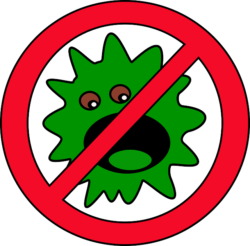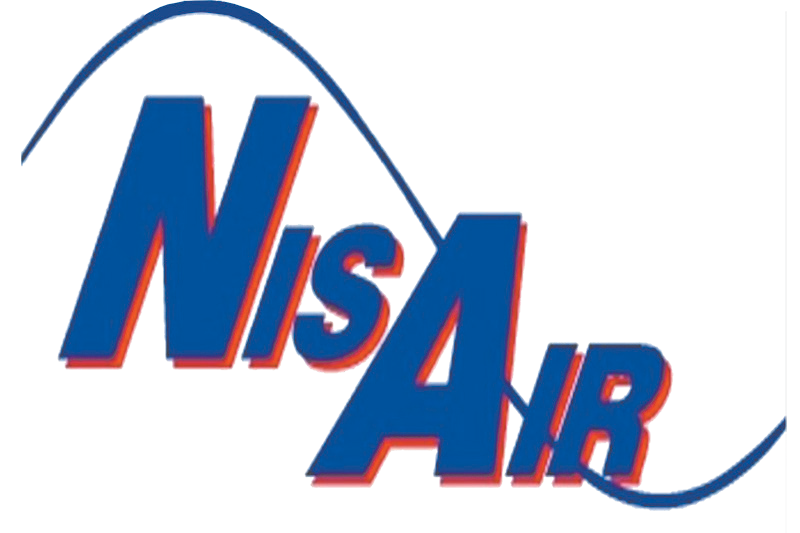How to Get Rid of Bacteria and Mold in Your House
Believe it or not, you’re always sharing your house with mold and bacteria regardless of how spotless it is. But don’t panic just yet. They become harmful when allowed to grow and increase unchecked. Severe infestations can cause disease and allergic reactions. For you to successfully eliminate infestations, it’s important to understand the possible causes.
Causes
Mold spores get into your home through open doors and windows. They can also be carried inside after attaching to your clothing and your pet’s fur. The spores grow when they fall on a spot that’s constantly moist. Damp places are ideal breeding grounds for mold and bacteria. Mold can get nutrients from organic materials such as fabric, upholstery, carpet, paper products and wood products.
Solutions
You can get rid of bacteria and mold on your own if the affected area is less than 10 square feet. Bleach effectively cleans up mold and dangerous bacteria on hard, non-porous surfaces. It may not be effective on porous surfaces because the mold may be embedded deep inside. You may have to throw away porous or absorbent materials like drywall, carpet and ceiling tiles if they become infested.
Once you clean up an infested area, you should keep checking it during the next couple of days. If the problem recurs, it implies you haven’t eliminated the moisture that’s causing it. You can reduce moisture by doing the following.
- Use an air conditioner and dehumidifier when appropriate.
- Vent moisture-producing appliances such as stoves and clothes dryers outdoors where possible.
- Run exhaust fans in your bathroom while showering and in your kitchen when cooking and using the dishwasher.
- Open doors or windows when it’s dry outside.
- Clean up indoor spills and repair leaks quickly.
If you have a large area that’s infested or are not sure how to clean a particular item, call in a professional cleaner. Ensure the cleaner you hire has the credentials and experience. For additional tips on eliminating mold and bacteria, please contact us at NisAir Air Conditioning and Heating. We’ve served Martin, Palm Beach, and Indian River counties since 1973.

